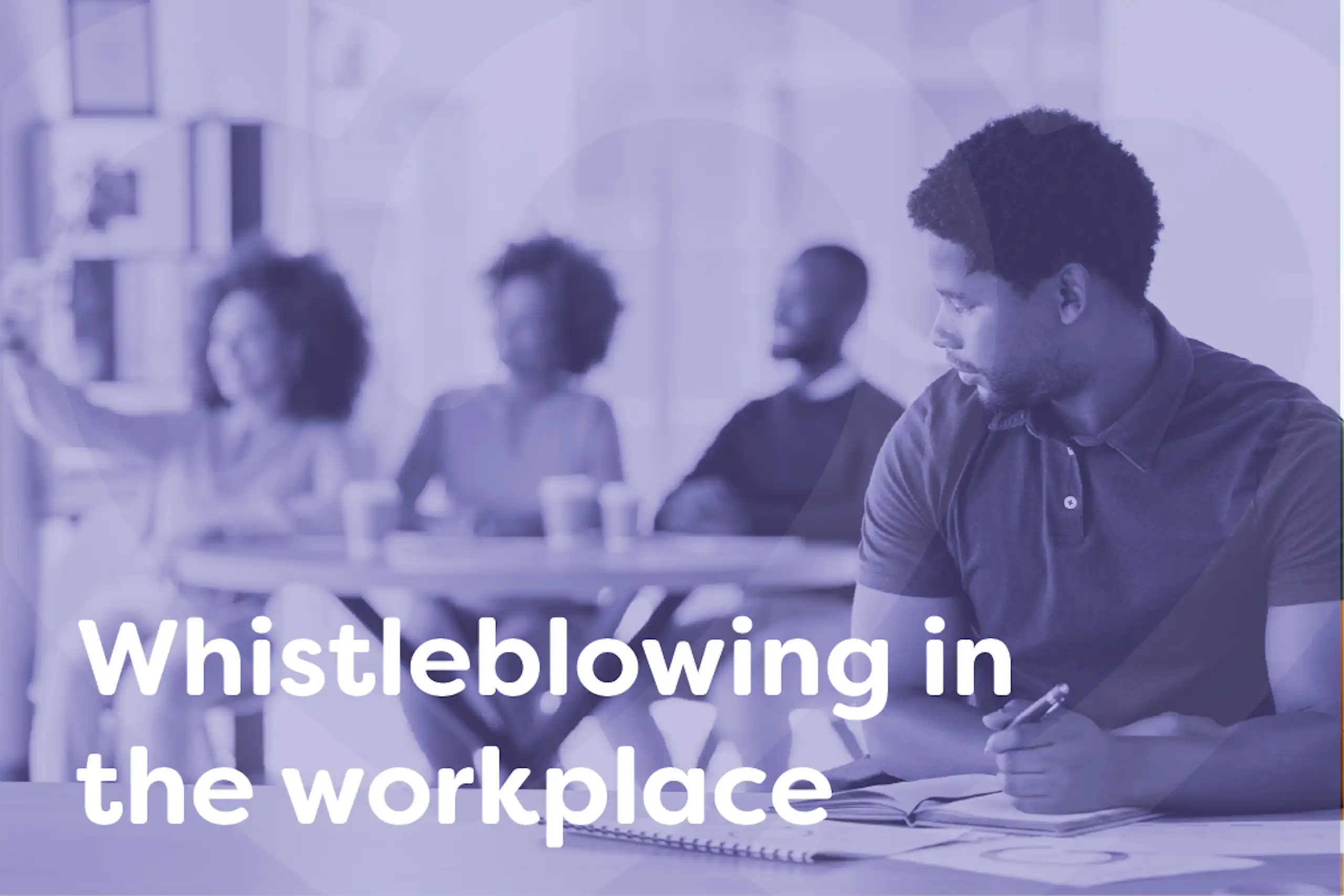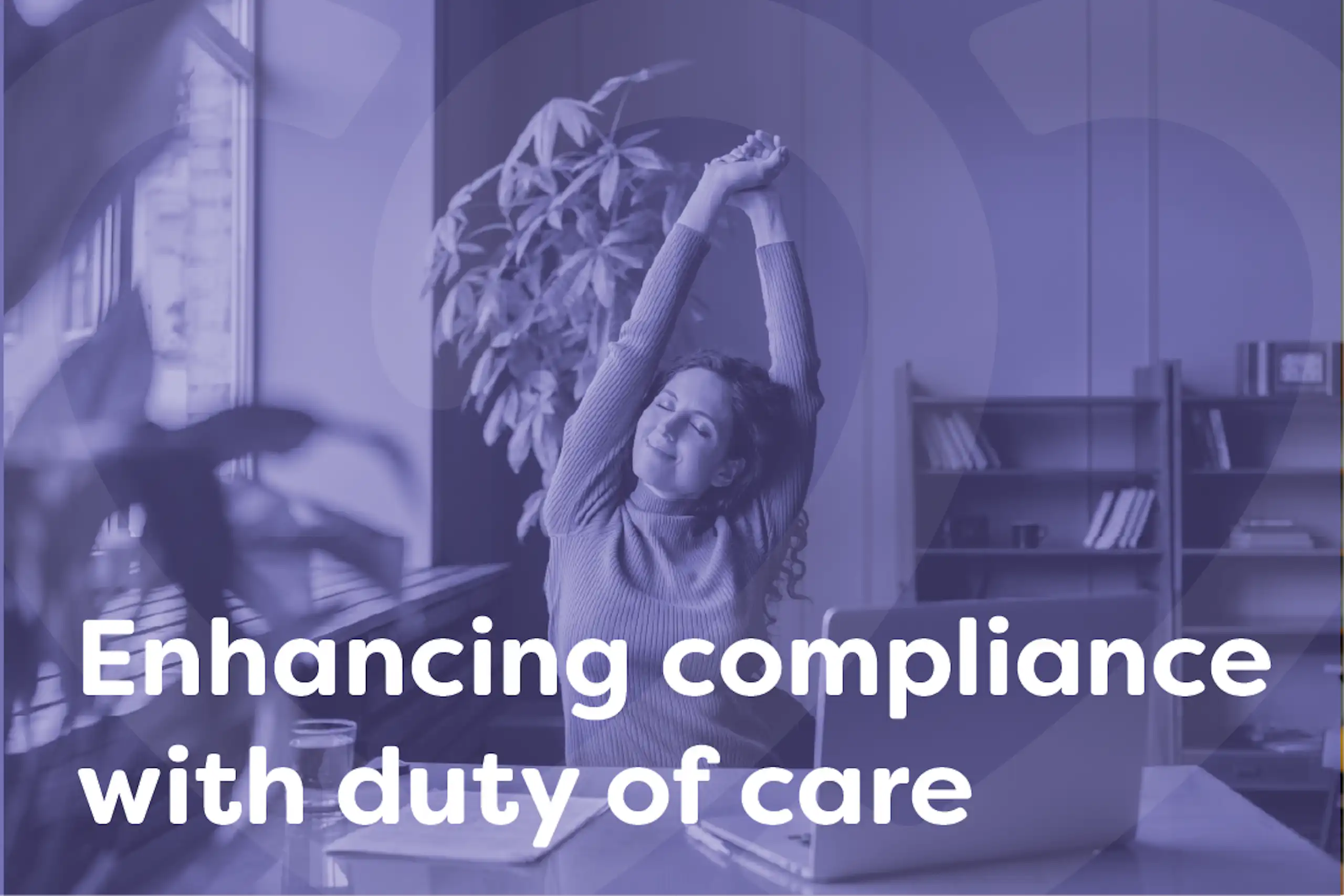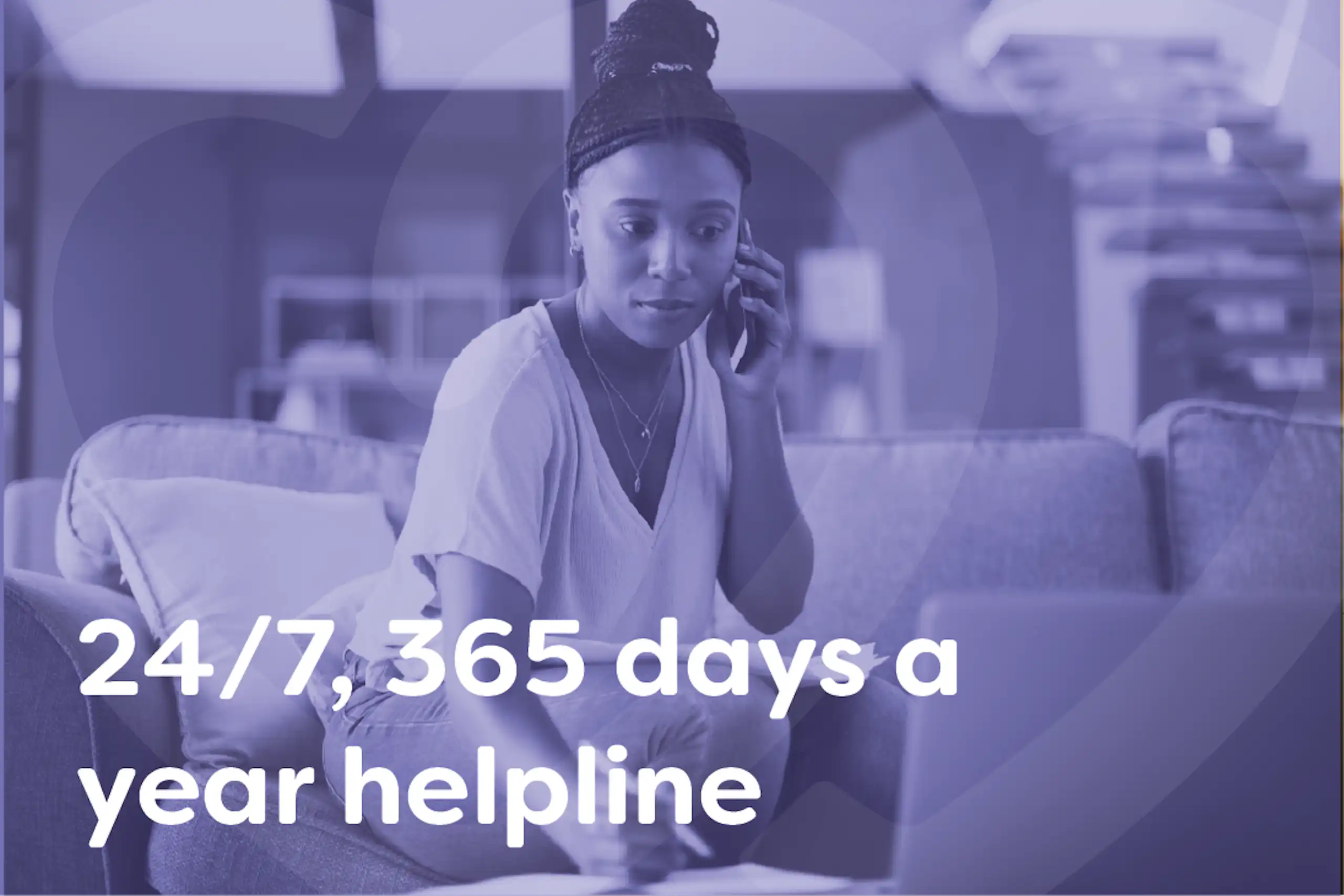SpeakUp service with HA | Wisdom Wellbeing
Safeguard your business and employees by providing a confidential support service for those in need of a space to raise concerns within an organisation. From whistleblowing to harassment and bullying, discover how SpeakUp can support you and your people.
What is SpeakUp?
SpeakUp is HA | Wisdom Wellbeing’s unique and confidential support line for individuals to report issues they may be experiencing in the workplace. Sadly, speaking up at work may be difficult for some individuals, and often, they may feel isolated and unable to talk to anyone in confidence.
Whether they’re worried about or experiencing workplace bullying, discrimination or any kind of harassment – none of it should be tolerated. Our SpeakUp service gives your people a place to turn to for guidance, you can give them an avenue to confidently and confidentially report concerns when they feel they cannot raise in work.

Why should organisations care about our SpeakUp whistleblowing service?
Unaddressed harassment, bullying, or discrimination can lead to significant legal and financial consequences for an organisation. Beyond these risks, such behaviour severely damages employee mental health; when wellbeing is compromised, productivity and performance can decline.
Our legal and financial team provides a dedicated, safe space for individuals to share their concerns while receiving expert guidance on their options for both informal and formal resolution. Should they choose to proceed, our service enables individuals to
raise concerns through HA’s independent referral process. We then securely share this information back to the organisation via a detailed referral form, providing the necessary documentation to initiate a thorough internal investigation.

Whistleblowing in the workplace could save your business
Whistleblowing essentially acts as an early detection system for addressing wrongdoing and misconduct that could have devastating effects on your organisation. This could look like:
Brand and reputational damage
Hefty legal fines
Loss of employees
High turnover
A prevalent toxic and volatile workplace culture
In the UK, the Public Interest Disclosure Act 1998 (PIDA) protects whistleblowers from victimisation or unfair dismissal. As an organisational leader – it’s in your best interest not to ignore concerns or retaliate against a whistleblower, as this can result in costly, uncapped financial compensation claims and legal action.
Instead, let whistleblowing be the solution that enhances compliance with duty of care.

What does SpeakUp service include?
SpeakUp is available for all existing Employee Assistance Programme customers. With our SpeakUp service, your people can report: · Malpractice or other unethical wrongdoings (“whistleblowing”), including in the public interest in line with legislation
Bullying
Discrimination
Harassment (including sexual harassment)
Other organisational concerns impacting the individual and/or workplace

Your legal obligation to protect employees against sexual harassment
SpeakUp provides an extra layer of protection for your organisation – particularly in cases where sexual harassment may have occurred. The Worker Protection (Amendment of Equality Act 2010) Act 2023, which came into effect in October 2024, places a legal duty on employers to take reasonable steps to prevent sexual harassment
of their employees. This new legislation strengthens existing protections and introduces a proactive obligation for employers to create a safe working environment.
Failure to have the right policies in place gives grounds to the Equality and Human Rights Commission (EHRC) the right to investigate your workplace. With SpeakUp – you can give an avenue of support for employees who feel they may be experiencing or have witnessed sexual harassment and wish to seek advice and use their newfound advice to report it if they wish to do so.
With the employees’ consent, information can be shared with your organisation.

SpeakUp support – how does it work?
Employees see, hear and experience difficult issues within the workplace and often feel scared to raise their objections to them. Early knowledge and intervention allow organisations to deal with the situation confidently and effectively.
Once a call is received, the appointed coordinator within the organisation will be notified and provided with the appropriate details, enabling them to identify and deal with the various matters of concern.

What to expect with SpeakUp
Our helpline is available 24/7, 365 days a year and allows you and your people to report malpractice, bullying, discrimination, harassment (including sexual harassment) and other concerns confidentially and without fear, encouraging a culture of openness and transparency in the workplace.
Here’s what to expect with SpeakUp:
Free, confidential helpline available 24/7, 365 days a year
Safeguard employee mental health
Speak to a fully trained advisor
Independent, impartial and non-judgemental service
Foster a positive workplace culture















